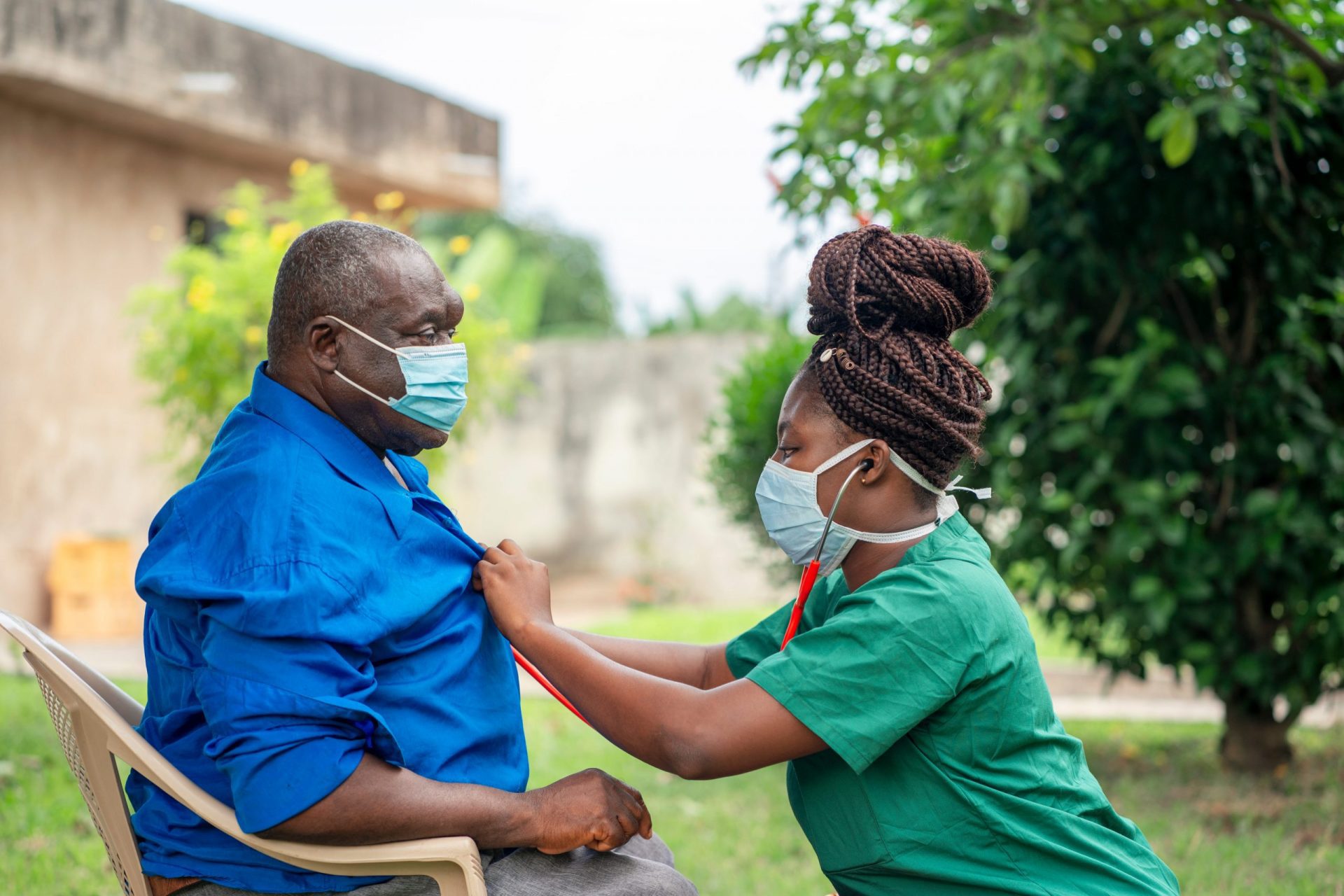Navigating the Complex Landscape of Menopause and Hormonal Transitions
The intricate journey of hormonal transformation represents a profound biological milestone that demands comprehensive understanding, nuanced scientific exploration, and holistic support strategies. Menopause emerges as a multifaceted physiological experience encompassing biological, psychological, and social dimensions.
Biological Foundations of Hormonal Transitions
Menopause represents a sophisticated biological recalibration involving:
1. Endocrine System Restructuring
2. Hormonal Cascade Modifications
3. Metabolic System Adaptations
4. Neurological Signaling Changes
5. Cellular Metabolic Reconfigurations
Comprehensive Physiological Mechanisms
Menopause is a complex biological transition marked by various physiological changes, particularly in hormonal production and systemic adaptations.
- Hormonal Dynamics:
- Estrogen production decline: As women approach menopause, their ovaries produce less estrogen, which leads to several of the hallmark symptoms like hot flashes and irregular periods.
- Progesterone metabolic interactions: Progesterone, another key hormone, also decreases. This can affect menstrual cycles and contribute to mood swings and other symptoms.
- Hypothalamic-pituitary-gonadal axis modifications: The hormonal feedback system that regulates reproduction becomes altered, leading to changes in the regularity of menstrual cycles and the onset of menopause.
- Systemic Adaptations:
- Metabolic rate adjustments: As hormone levels fluctuate, metabolism often slows, contributing to challenges in maintaining weight and managing energy levels.
- Inflammatory response modulations: Hormonal changes can affect inflammation in the body, which may be associated with conditions like arthritis or heart disease during menopause.
- Cellular repair mechanism transformations: The body’s ability to repair cells, particularly in tissues like skin and bones, may be affected by reduced estrogen levels, leading to increased risk of osteoporosis and skin thinning.
Symptom Spectrum and Physiological Interactions
Menopausal symptoms vary widely and interact with multiple body systems, leading to diverse experiences for different individuals.
- Neurological Dimensions:
- Thermoregulatory disruptions: Hot flashes and night sweats are common as the body’s ability to regulate temperature becomes impaired.
- Mood fluctuation mechanisms: Hormonal changes can trigger mood swings, irritability, and even depression due to imbalances in neurotransmitters.
- Cognitive processing variations: Some women report memory lapses and difficulties with concentration, which may be linked to hormonal shifts.
- Metabolic Considerations:
- Weight management challenges: The decrease in estrogen can lead to an increase in abdominal fat and difficulty in managing weight.
- Bone density transformations: Estrogen helps maintain bone density; as levels drop, women are at greater risk of osteoporosis and fractures.
- Cardiovascular system adaptations: The risk of heart disease increases post-menopause due to hormonal changes, particularly the loss of estrogen’s protective effects on the cardiovascular system.
Psychological and Emotional Landscape
The emotional impact is significant, as it is often tied to shifts in identity, mood, and resilience.
- Psychological Adaptations:
- Identity reconstruction processes: Many women experience changes in how they view themselves, particularly as they transition away from fertility and consider the next phase of life.
- Emotional resilience development: Developing coping strategies and emotional flexibility helps women navigate the challenging aspects.
- Stress response recalibration: Hormonal fluctuations may alter the body’s response to stress, affecting both mental and physical well-being.
- Wellness Strategies:
- Mindfulness integration: Practices like meditation and yoga help manage stress and foster emotional well-being.
- Emotional intelligence enhancement: Understanding and regulating emotions can improve mental health during this transition.
- Comprehensive self-care approaches: Taking care of mental, emotional, and physical health is essential for women during this stage of life.
Advanced Management Strategies
Managing the physical and emotional aspects of menopause requires an integrated approach that blends medical treatment with lifestyle modifications.
- Medical Approaches:
- Personalized hormone therapies: Tailored hormone replacement therapies (HRT) help restore hormone balance and mitigate symptoms like hot flashes, mood swings, and vaginal dryness.
- Targeted symptom management: Medications and therapies are used to target specific symptoms, such as pain relief for joint discomfort or sleep aids for insomnia.
- Comprehensive health assessments: Regular health checkups, including screenings for bone density, cardiovascular health, and other menopause-related issues, are crucial.
- Lifestyle Interventions:
- Nutritional optimization: Ensuring adequate nutrition, including calcium and vitamin D for bone health, and foods that help manage weight, is vital.
- Exercise adaptation strategies: Regular physical activity, particularly weight-bearing exercises, helps maintain bone density, manage weight, and reduce stress.
- Stress reduction techniques: Practices like deep breathing, progressive muscle relaxation, and other relaxation techniques are effective for managing stress and emotional fluctuations.
Technological and Research Innovations
Emerging research and technologies are helping refine the management through more personalized approaches.
- Scientific Exploration:
- Advanced genetic mapping: Genetic research could provide insights into individual predispositions to menopausal symptoms and responses to treatments.
- Precision medicine approaches: Tailoring treatment based on individual genetic profiles, lifestyle, and health conditions may lead to more effective interventions.
- Comprehensive metabolic profiling: Understanding a woman’s unique metabolic needs could improve treatment outcomes, particularly for weight management and bone health.
- Diagnostic Technologies:
- Non-invasive monitoring systems: Wearable devices and home monitoring tools that track temperature changes, sleep patterns, and other symptoms could provide real-time data to guide treatment.
- Personalized health tracking: Apps and digital health tools that track symptoms, mood, and lifestyle factors are helping women manage their menopause experiences more effectively.
- Advanced physiological assessment tools: More sophisticated testing methods can provide insights into hormonal imbalances and overall health during menopause, helping doctors create tailored treatment plans.
Sociocultural Dimensions
Understanding menopause within the broader social and cultural context can improve awareness and support.
- Cultural Perspectives:
- Societal perception transformations: Shifting societal views on menopause—from a taboo subject to a normal life transition—can reduce stigma and encourage open discussions.
- Generational knowledge transmission: Sharing experiences and advice across generations can empower younger women to approach menopause with confidence.
- Workplace adaptation strategies: Creating supportive workplace policies, like flexible hours and temperature regulation, can help women manage menopause symptoms while continuing to work.
- Educational Imperatives:
- Comprehensive health education: Providing accurate and accessible information on menopause helps women prepare for this phase and make informed decisions about their health.
- Destigmatization efforts: Campaigns to normalize menopause and its symptoms can empower women to seek treatment and support without embarrassment.
- Intergenerational support networks: Strong networks, both online and offline, where women of different ages can share experiences and advice, can offer emotional support during menopause.
Nutritional and Lifestyle Considerations
Proper nutrition and lifestyle changes can help manage menopause symptoms and promote overall well-being.
- Nutritional Strategies:
- Hormone-balancing dietary interventions: Diets rich in phytoestrogens, omega-3 fatty acids, and other nutrients can help balance hormones and alleviate symptoms.
- Micronutrient optimization: Ensuring adequate intake of vitamins and minerals, particularly calcium, magnesium, and vitamin D, is crucial for bone health and overall wellness.
- Metabolic support protocols: Nutrition that supports metabolic health, like focusing on anti-inflammatory foods, can help manage weight and reduce risk factors for other menopausal-related conditions.
- Lifestyle Modifications:
- Sleep hygiene enhancement: Establishing a consistent sleep routine, avoiding stimulants, and creating a cool, dark sleep environment can help with menopause-related sleep disturbances.
- Stress management techniques: Practices such as meditation, breathing exercises, and relaxation therapies are effective in managing stress during menopause.
- Physical activity adaptation: Regular exercise, including walking, swimming, or yoga, can help manage weight, improve bone density, and alleviate stress.
Emerging Treatment Frontiers
Future advancements in menopause care are focusing on more personalized, targeted treatments:
- Research Directions:
- Personalized intervention protocols: Customizing treatment plans based on a woman’s health profile, genetic factors, and symptom severity promises more effective management of menopause.
- Advanced molecular targeting: Developing drugs that target specific molecules involved in menopausal symptoms could offer more precise relief.
- Comprehensive systems biology investigations: Understanding how menopause affects various bodily systems and their interactions will lead to better-targeted interventions.
- Therapeutic Innovations:
- Precision medicine approaches: Using genetic and lifestyle information to tailor treatments for better outcomes in managing menopause.
- Holistic treatment frameworks: Integrating multiple therapies, including medical treatments, lifestyle changes, and psychological support, will improve outcomes.
- Integrative health management strategies: Combining conventional and complementary therapies to provide a well-rounded approach to menopause care.
Psychological Wellness and Empowerment
Emotional and psychological well-being is crucial during menopause, and strategies that enhance resilience and self-awareness can empower women.
- Emotional Resilience:
- Self-acceptance strategies: Helping women embrace the physical and emotional changes of menopause promotes greater well-being.
- Personal growth frameworks: Viewing menopause as an opportunity for growth and reinvention can lead to a more positive experience.
- Transformative life perspective development: Shifting focus toward personal development, self-care, and new life priorities can turn menopause into a transformative phase of life.
- Support Mechanisms:
- Community engagement: Building supportive communities for women to share experiences and resources can alleviate feelings of isolation.
- Professional counseling resources: Accessing therapy or counseling helps women navigate the emotional complexities of menopause.
- Peer support networks: Connecting with others who are experiencing menopause offers validation, advice, and emotional support during
Conclusion: A Holistic Perspective
Menopause represents a profound biological transition that transcends mere physiological changes. By embracing comprehensive, integrated approaches that recognize the complex interactions between biological systems, psychological experiences, and sociocultural contexts, individuals can navigate this transformative journey with grace, understanding, and empowerment.
The future of menopausal health lies in sophisticated, personalized approaches that prioritize individual experience, scientific innovation, and holistic well-being.
















